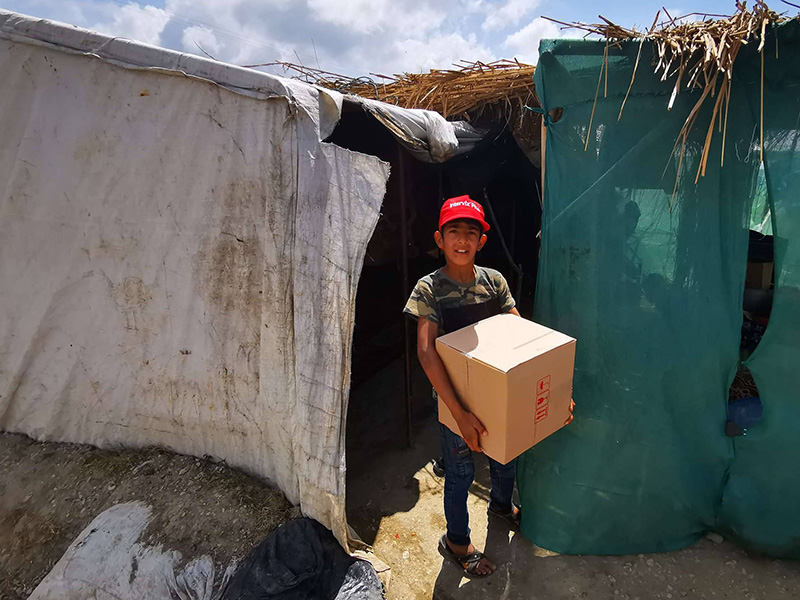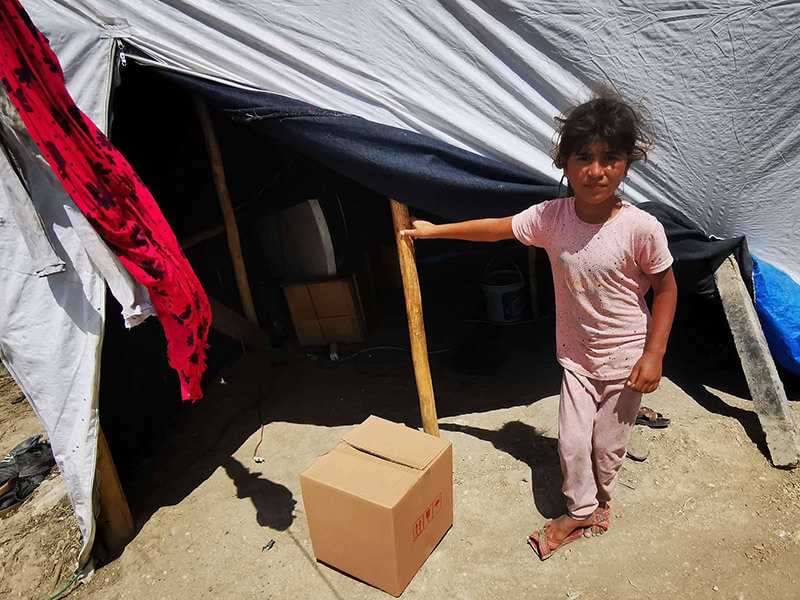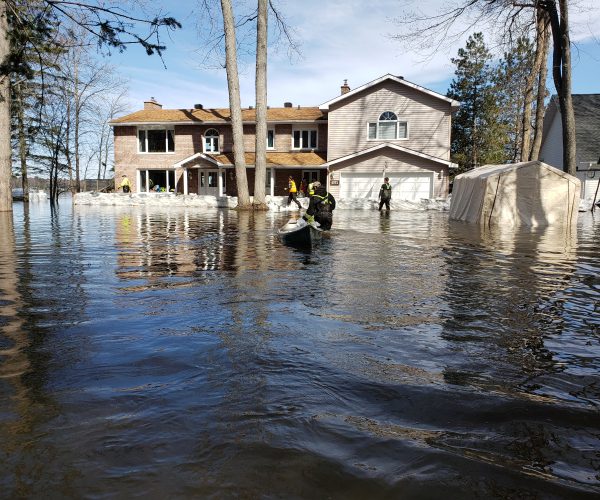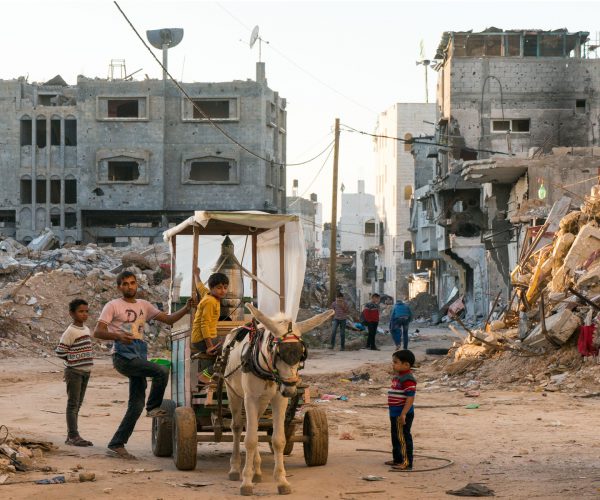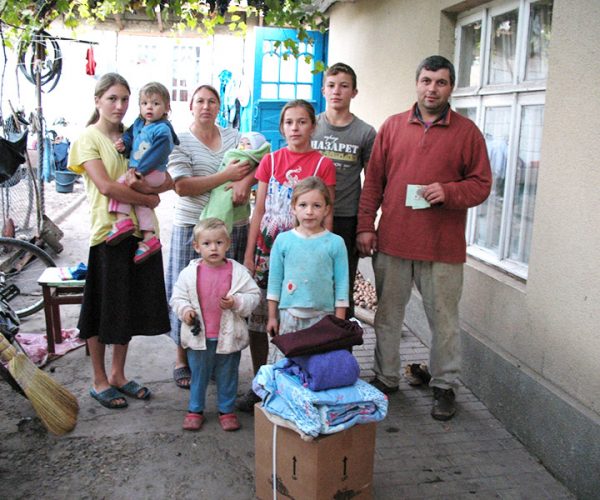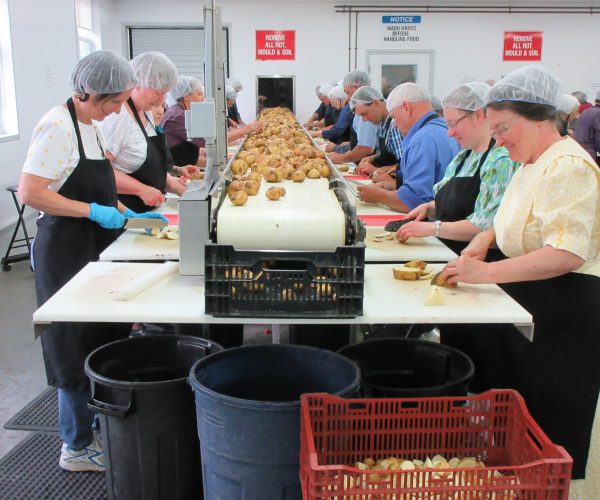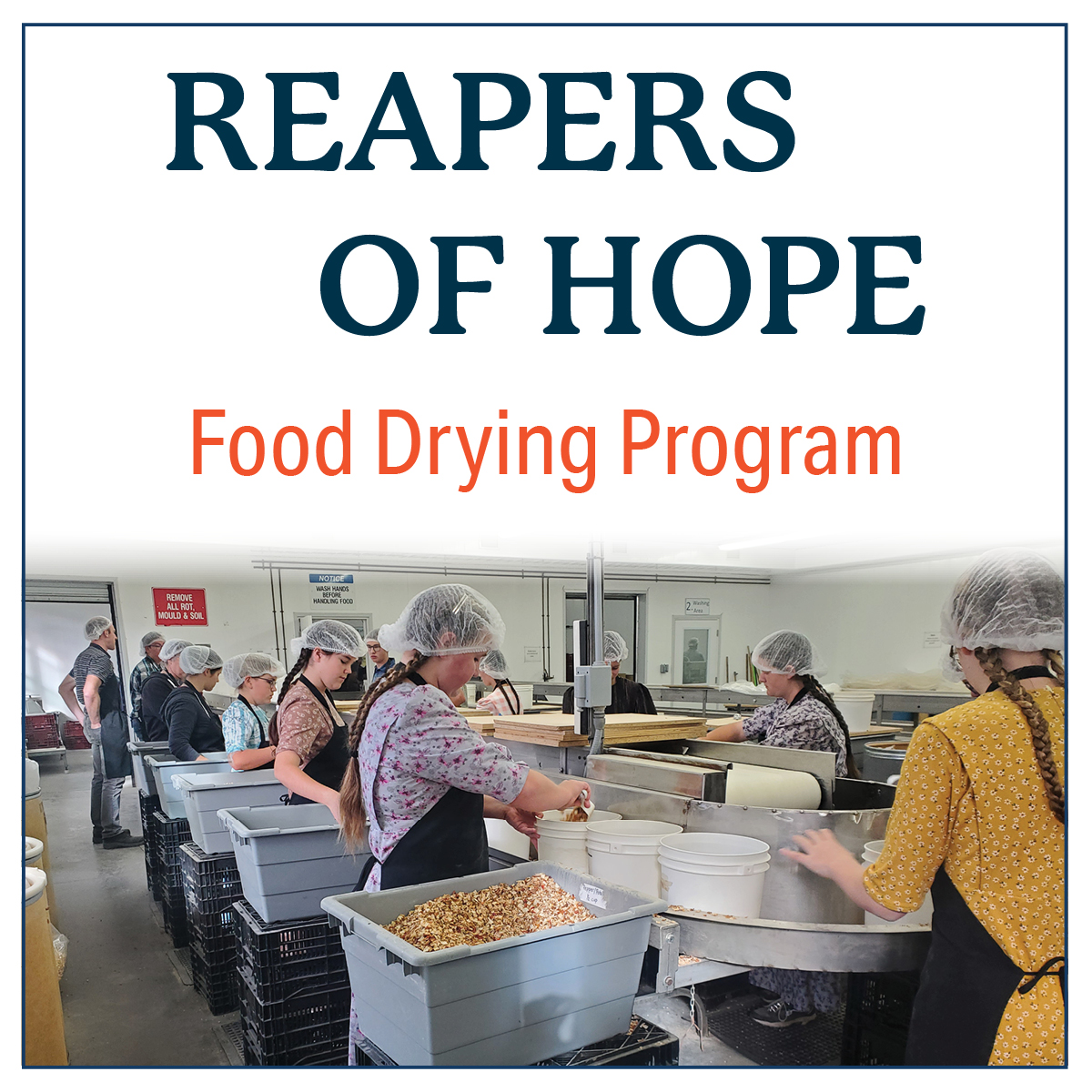Millions of refugees in the Middle East have endured serious hardship for years. The wars in Syria and Iraq left countless families homeless as they fled for safety. The fragile economies of the countries hosting these refugees give them few options to make a living. They learned to cope by cleaning streets, buying and selling small items, or doing other menial jobs for a little income. Now coronavirus restrictions devastate refugees even more.
When the restrictions were enforced across the Middle East, most refugees had no savings or food supplies to rely on. They had no shelves with canned goods or freezers with extra food. The low-paying jobs they depended on dried up, and limited transportation disrupted humanitarian aid deliveries. In some places, people who even stepped outside their home faced the threat of jail time or extreme fines.
Refugees in life-threatening situations
One of our contacts shared, “The majority [of refugees] are already struggling at the extreme poverty line and have moved unwillingly into life-threatening situations.” Many parents are struggling to feed themselves and their children.
Another contact said he saw four babies in grave conditions from lack of nutrients. “One baby who was four months old weighed the same as an average newborn,” he shared. “His legs at the ankles were only slightly larger around than my thumb. His eyes were sunken in . . . and to us, he seemed at the point of death.”
One refugee mother shared, “I don’t have anything to feed my children. Every day they ask for rice . . . or something, and I don’t have anything in my home.” Her husband used to find work at the market, but now he has no source of income to support his family.
CAM supporters help provide food and other aid
With the generous help of our supporters, we are able to extend hope to some of these suffering people. While coronavirus restrictions devastate refugees, your support enables thousands of these families to receive food and other aid to help them get through this difficult time.
Recently, after our contacts left one distribution area to drive to another, a desperate mother followed them, much in the same way people followed Jesus when searching for help. “We still can hardly see how it was possible,” a contact related. “After zigzagging across blocks and ending up a mile or so away . . . only to have a woman from the previous area come puffing up about 30 seconds to a minute after we parked.”
This mother told them, “I know you needed to leave, but I was forced to run after you because I cannot just sit and watch my children cry from hunger. We have nothing at all in the house . . .” Our contacts were privileged to provide the mother and her family with some much-needed food.
Recently our staff in the Middle East shared a food parcel with a Syrian refugee widow who has several children. Her husband was working in another area so he could send money home to his family. Five days before our staff visited, this widow received the shocking news that her husband had died. He had recently developed a problem with his kidney, and then he contracted COVID-19. Our staff used one word to describe the situation: “Heartbreaking!” They were glad for the opportunity to leave a food parcel for the widow and her children, who in the middle of a crisis, are without their breadwinner.
Would you like to help?
Through your support we are able to reach into homes in desperate need of food and hope. Your generosity through Coronavirus Crisis Care has brought courage and relief to suffering people in forty-seven countries around the world. Thank you for caring for impoverished people suffering from the harsh consequences of government-mandated shutdowns on a global scale.
To help support the Coronavirus Crisis Care program, please click below to give a one-time gift.

